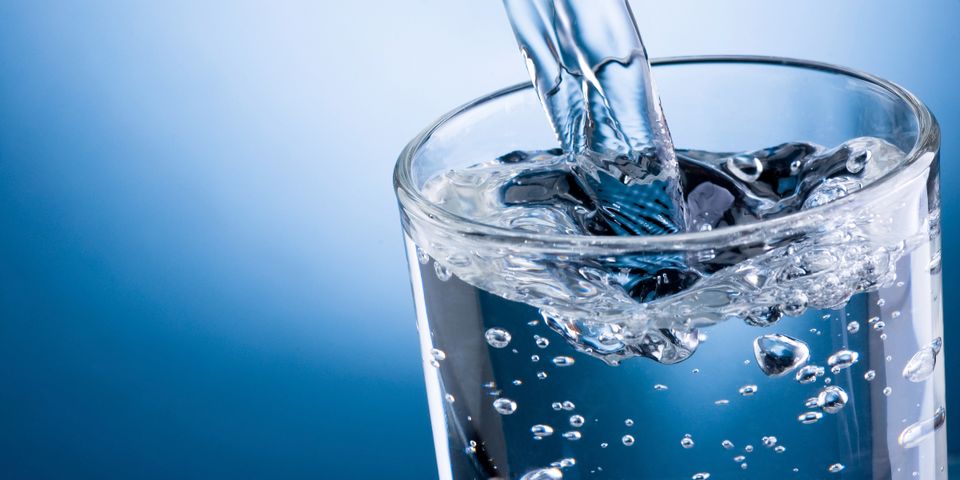A Brief Guide to Groundwater Sampling

Groundwater is a vital natural resource that provides drinking water for millions of people worldwide, making it a critical component of the water cycle and essential for sustaining our ecosystems. However, groundwater is often difficult to monitor and manage since it is found underground. Groundwater sampling is a process that helps communities and organizations understand the quality of their groundwater resources. This guide takes a closer look at the method and its purpose.
What Is Groundwater?
Groundwater is water that has infiltrated the ground and is stored in underground aquifers. It is referred to as the hidden resource because it is difficult to see and measure. It is replenished by rainwater and snowmelt, and it moves through the soil and rock layers until it reaches an impermeable layer. Unfortunately, the quality of groundwater can be affected by human activities such as industrial and agricultural practices, as well as natural processes, such as erosion and weathering.
How Groundwater Sampling Works
Groundwater sampling is the process of collecting water samples from underground aquifers. The samples are then analyzed in a laboratory to determine the quality of the water. It can be done using various methods, including drilling monitoring wells or using portable equipment to collect samples directly from the aquifer. The sampling frequency and location depend on the needs of the community or organization and the characteristics of the groundwater resource.
What Are the Benefits?
The process provides valuable information to communities and organizations about the quality of their groundwater resources. It helps identify potential pollution sources and allows for early detection of emerging contaminants. Groundwater sampling can find different types of contaminants, including pesticides, heavy metals, petroleum products, and solvents. These contaminants can seep into the soil and groundwater from various sources such as landfills, industrial sites, and agricultural activities. Pesticides and fertilizers used in farming can also contaminate groundwater. Heavy metals are often present in industrial waste and can cause health problems when consumed in large quantities. Petroleum products such as gasoline and oil can cause contamination if spilled or leaked from storage tanks. Solvents used in manufacturing processes can also be harmful to human health and the environment if released into groundwater.
This type of sampling can also help determine the effectiveness of remediation efforts and inform land-use decisions. By monitoring groundwater quality, communities and organizations can ensure the sustainability of their water resources and protect public health.
If you’re in need of groundwater sampling, put your trust in GeoTek Alaska. They’re a leading geotechnical engineering firm in Anchorage, AK. They provide a range of services to help communities understand and manage their groundwater resources. They utilize state-of-the-art equipment, employ environmentally friendly methods, and partner closely with clients to complete projects as efficiently as possible. To speak with a knowledgeable staff member, contact them at (907) 569-5900 or visit their website for more information.
About the Business
(6 reviews)
Have a question? Ask the experts!
Send your question

